 |
Our ‘gut feelings’ are messages… that simplify life decisions for us by guiding our attention toward smarter options. The better we are at reading these messages, the better our intuition.
|
66 |
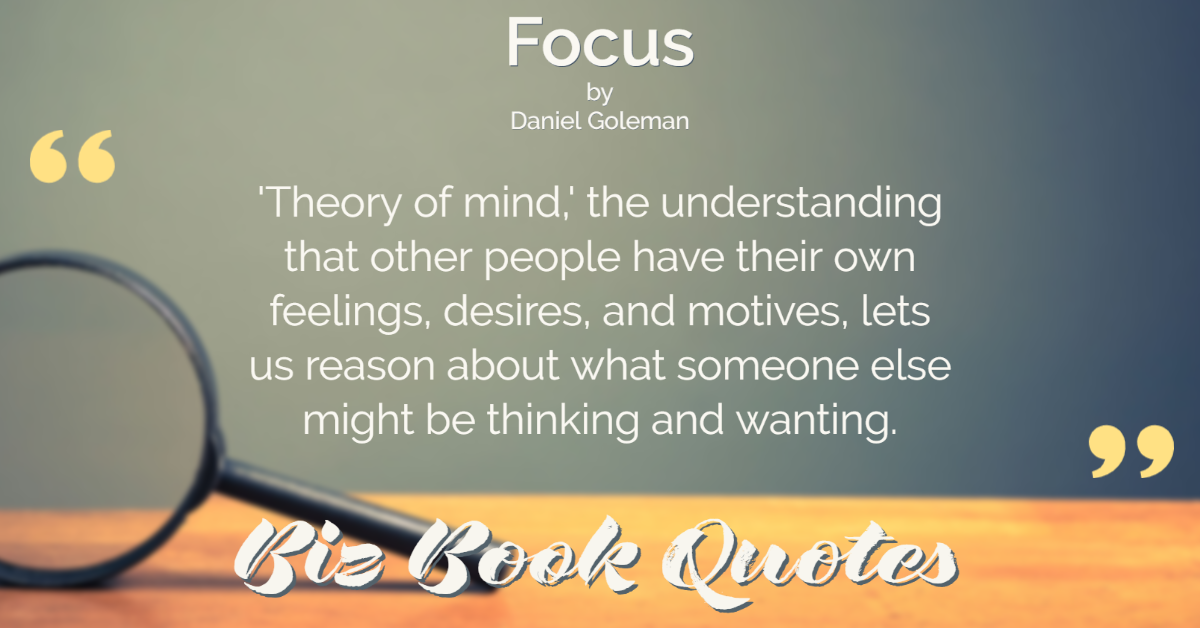 |
’Theory of mind,’ the understanding that other people have their own feelings, desires, and motives, lets us reason about what someone else might be thinking and wanting.
|
100 |
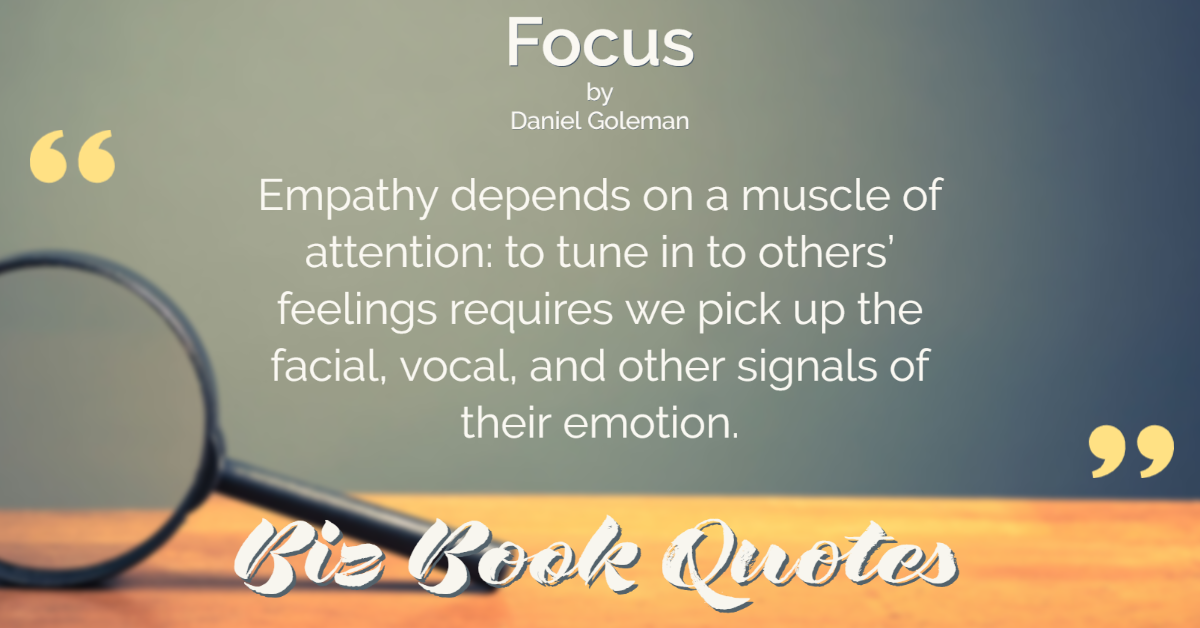 |
Empathy depends on a muscle of attention: to tune in to others’ feelings requires we pick up the facial, vocal, and other signals of their emotion.
|
104 |
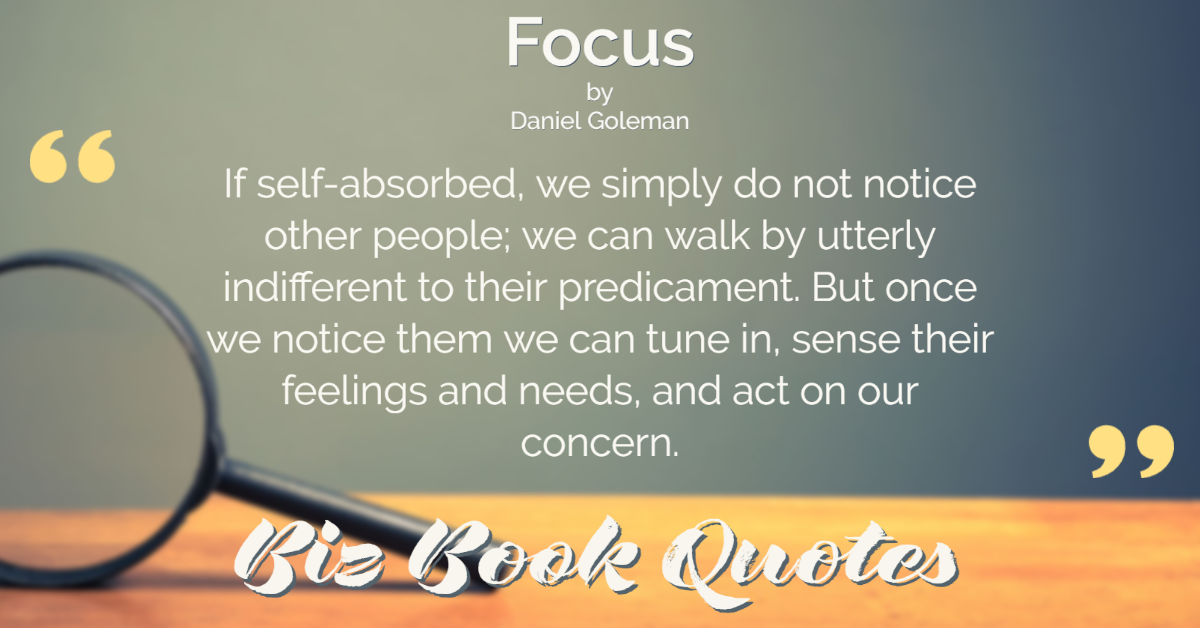 |
If self-absorbed, we simply do not notice other people; we can walk by utterly indifferent to their predicament. But once we notice them we can tune in, sense their feelings and needs, and act on our concern.
|
106 |
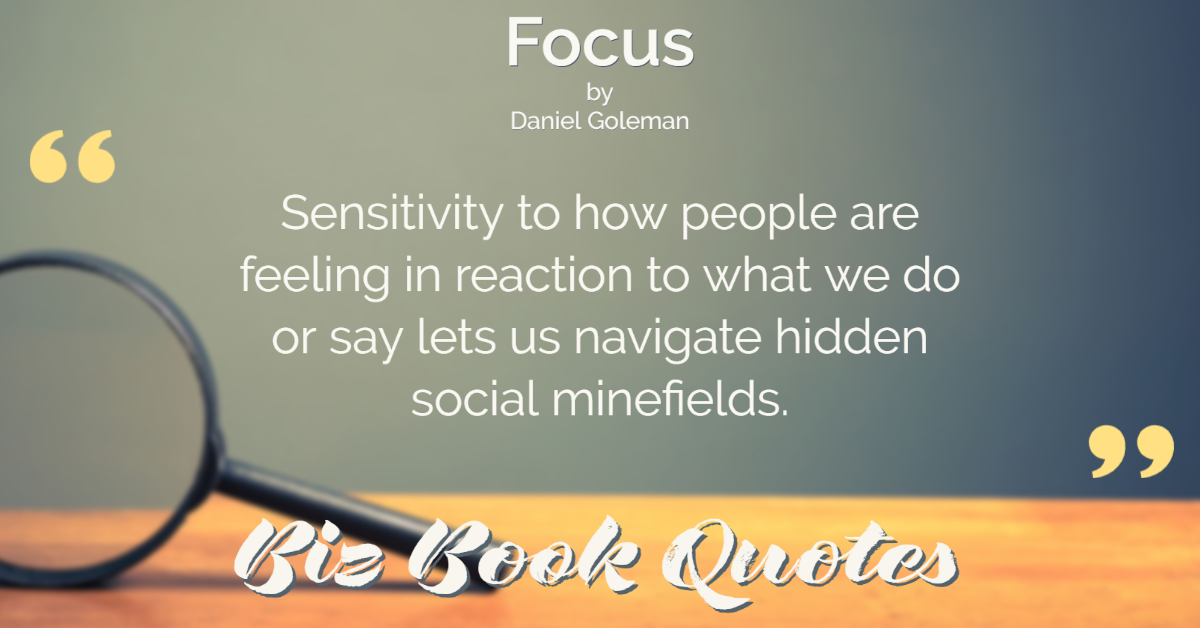 |
Sensitivity to how people are feeling in reaction to what we do or say lets us navigate hidden social minefields.
|
120 |
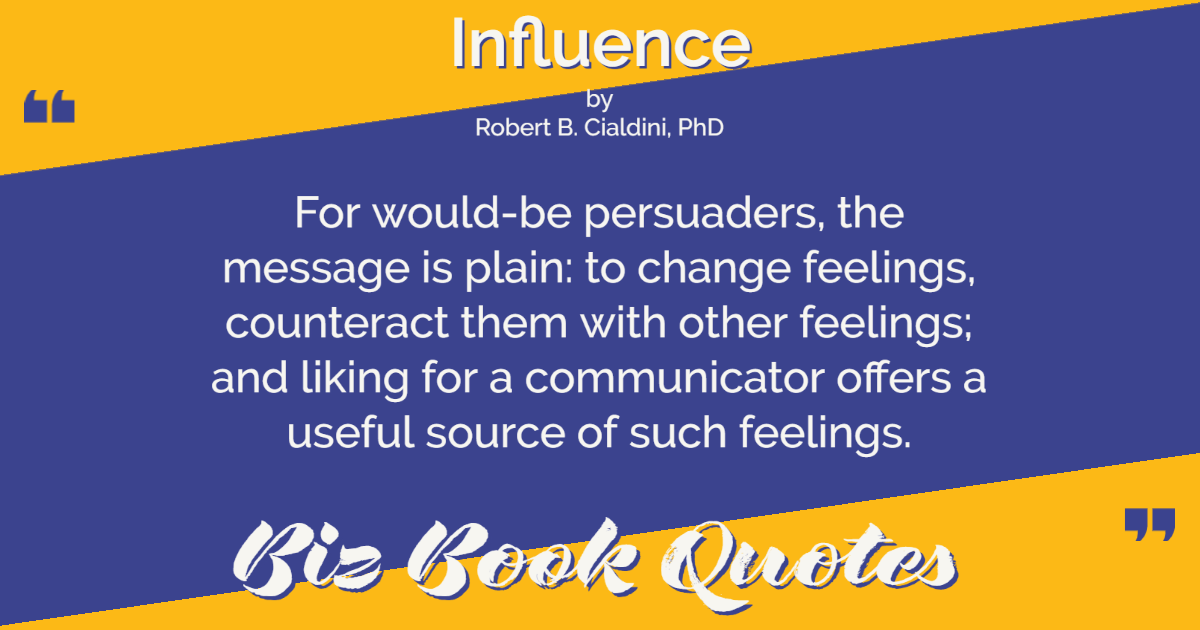 |
For would-be persuaders, the message is plain: to change feelings, counteract them with other feelings; and liking for a communicator offers a useful source of such feelings.
|
75 |
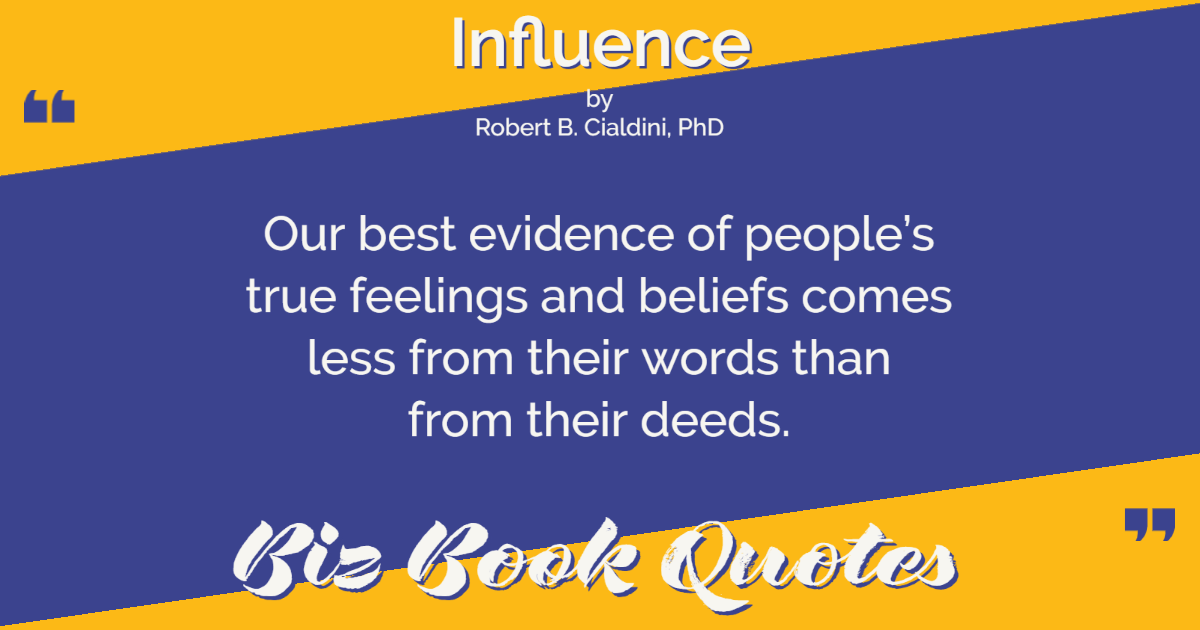 |
Our best evidence of people’s true feelings and beliefs comes less from their words than from their deeds.
|
314 |
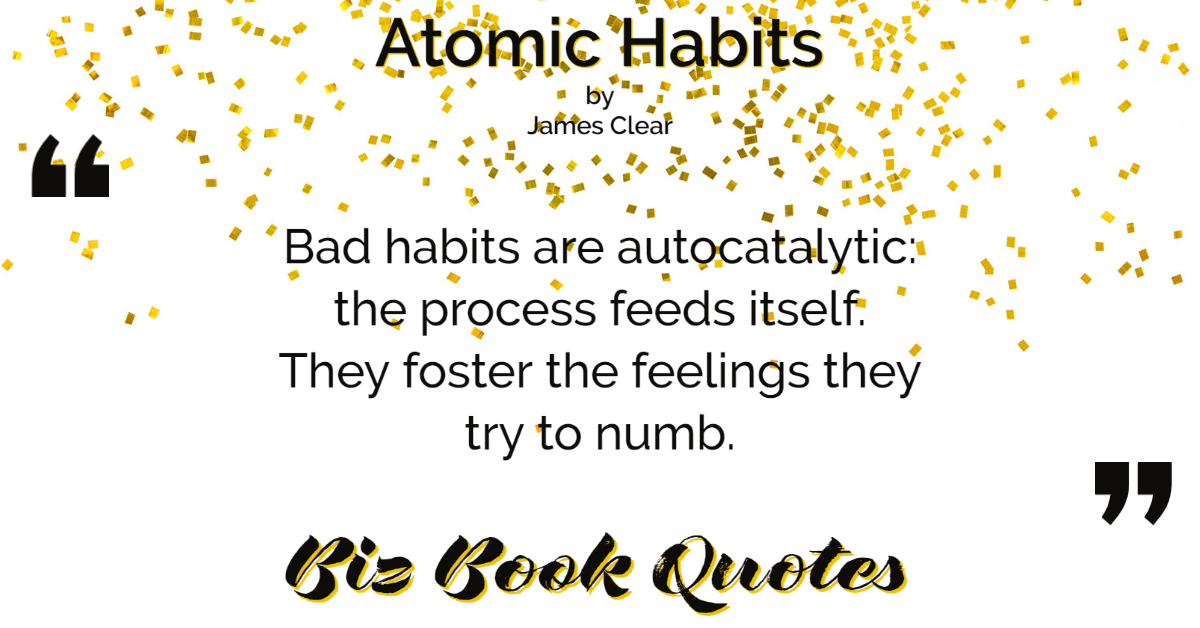 |
Bad habits are autocatalytic: the process feeds itself. They foster the feelings they try to numb.
|
93 |
 |
Even the tiniest action is tinged with the motivation to feel differently than you do in the moment.
|
130 |
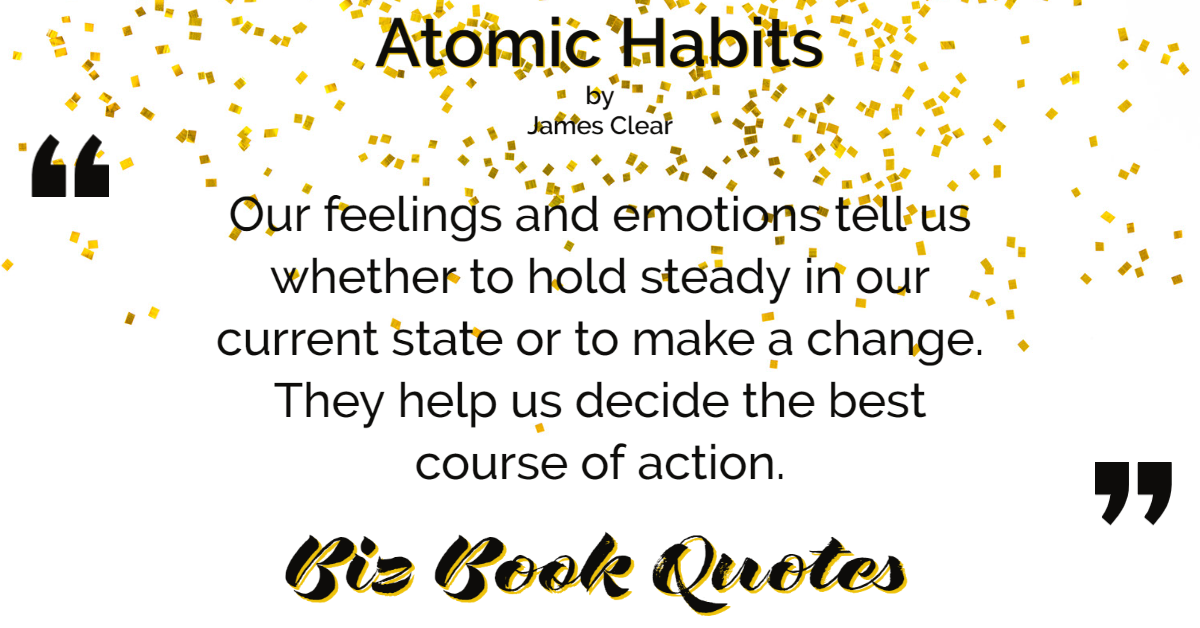 |
Our feelings and emotions tell us whether to hold steady in our current state or to make a change. They help us decide the best course of action.
|
130 |